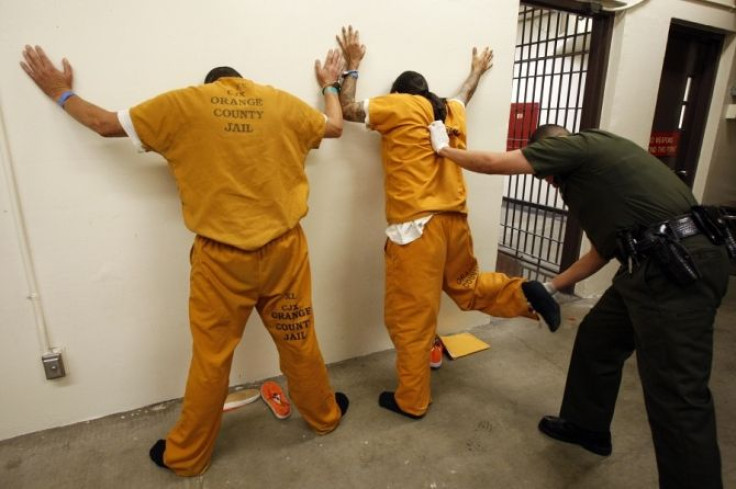Underage Drinking Boosts Criminal Activity: Researchers

While alcohol has frequently been linked to criminal activity among adults, a new study finds that there is a strong association between childhood drinking and criminal activity.
Researchers at the University of Miami found that the relationship between drinking and criminal activity is not just limited to perpetrating a crime, but also to criminal victimization, for both males and females.
Adolescence is a time for rapid cognitive development, and many psychologists believe that the thoughts, ideas and concepts developed during that period profoundly influence a person’s future life, playing a key role in a person’s character and personality formation.
Researchers believe that criminal activity during adolescence will escalate into more serious crimes as time goes on.
"This issue is extremely important because adolescents who are criminally active are significantly more likely to be adult criminals," said Michael T. French, professor of health economics at the University of Miami and an author for the study. "Although adolescents often commit less serious crimes than adults – for example, vandalism and shoplifting – these behaviors can quickly escalate into a criminally active lifestyle without effective interventions. Understanding how alcohol use among adolescents may contribute to criminal activity is therefore a logical and policy relevant area for research."
French analyzes data from thousands of respondents to the National Longitudinal Study of Adolescent Health. He and his colleagues administered the study in four waves and collected data from over sixty thousand people. Researchers asked questions that observed alcohol- use similarities and criminality from childhood to young adult.
"We found that for both adolescent males and females, more frequent alcohol consumption is associated with a greater probability of committing a property crime, committing a predatory crime, and being a victim of a predatory crime," said French in a statement. "While we were not necessarily surprised that these relationships existed for both genders, the strength of the relationships was a bit unexpected as well as the fact that they were robust to numerous sensitivity tests."
The results strongly suggest that underage alcohol use is an important risk factor for current criminal activities and a precursor to future illegal acts, according to French, and that early intervention is probably the best defense.
However, French explained that while his findings could help influence measures designed to reduce drinking among adolescence with the goal of reducing criminal activity and delinquency, it would be wrong to conclude that all frequent-drinking adolescents are associated with criminal acts.
"However," he notes, "this study demonstrates that frequent alcohol consumption is an important risk factor that should not be easily dismissed as normal adolescent behavior."
The study will be available in the upcoming March 2012 issue of Alcoholism: Clinical & Experimental Research.



























